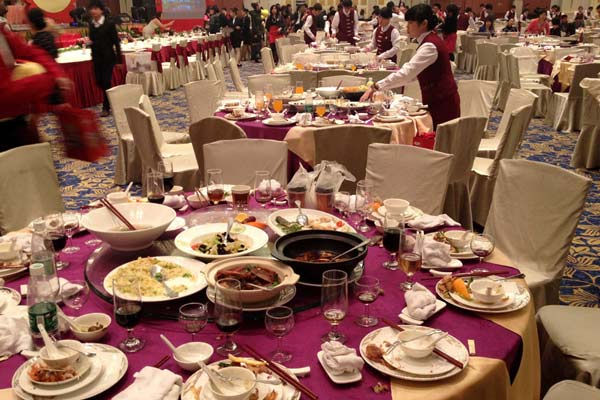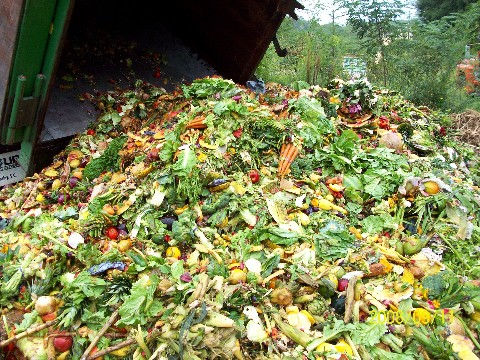Food Wastage in Malaysia What Can We Do?
- Lloyd Green
- Feb 24, 2016
- 3 min read
Did you know that over one billion tonnes of edible food worldwide goes to waste every year and that according to 2014 data by the Solid Waste Management and Public Cleansing Corporation (SWCorp), Malaysians waste up to 8,000 tonnes or 8 million kilograms of food a day?
Staggering, right?
To make things worse, SWCorp said in 2015 that each year during the month of Ramadan about 270,000 tonnes of food goes straight to Malaysia’s trash cans. They said if you distribute that evenly, you can feed around 180 million people. That’s six times Malaysia’s population.
What are we doing people?

During an address in Paris last year, UN Secretary General Ban Ki-Moon served 30 world leaders a ‘Landfill Lunch’ — a menu made entirely of food waste including a vegetable burger made of “pulp left over from juicing” served on a “repurposed bread bun” — highlighting the growing concern that more than one third of food produced globally goes to waste.
At a time where millions are left starving each day, we should be donating food, not throwing it away.
On the back of the UN’s push to reduce food waste, Malaysia’s government registered welfare group Parent International Welfare Association of Kuala Lumpur (PINK) has established a new food bank called The Lost Food Project (TLFP) designed to reduce and prevent waste, whilst also benefiting those who do not have the means to consume a nutritious diet.
The project is currently trialling in Kuala Lumpur with the plan to expand across Malaysia and become a trailblazer for food philanthropy and waste production.
Two main issues currently plaguing Malaysia’s ability to limit food waste are:
NGOs and soup kitchens do exist to serve the poor but most rely on catering companies or adhoc food preparation to provide meals instead of using surplus food from supermarkets, restaurants and hotels, meaning more food is wasted.
Large supermarket chains are willing to supply stock nearing its expiry date to NGOs and soup kitchens but have no means of facilitating this process.
This is where The Lost Food Project comes in: Firstly, to feed hungry people in need and secondly, to reduce the damage to the environment by recycling organic waste wherever possible and also to introduce education programmes to the public and in schools.

TLFP will aim to partner with as many businesses and government bodies in the future to ensure the movement takes off. Drift Dining and Bar is pleased to announce it is already on board with The Lost Food Project and is set to be their first restaurant partner in Kuala Lumpur.
Drift Owner & Managing Director, Robert Gilliland, believes The Lost Food Project is a fantastic initiative and says he’ll do whatever it takes to address the global crisis of food wastage — perhaps even to “introduce the UN’s veggie pulp burgers to the menu” he laughs.
On a serious note, Rob advises all restaurants and bars, and for that matter any hospitality or food industry business in KL, to make a conscious effort in utilising leftover or unused food for a worthy cause.
For an inside look at how much food we actually waste, check out Last Week Tonight With John Oliver: Food Waste recorded in July last year. It breaks down the process by which producers, sellers, and consumers all waste tonnes of food.
Instagram: driftdiningandbar
Jalan Bedara, Gr Floor Bidara Condo
Behind Hotel Istana
Bukit Bintang, KL 50200
~~ “Amazing things with amazing people and we will do amazing things.” - Owner & Managing Director, Robert Gilliland









Comentarios